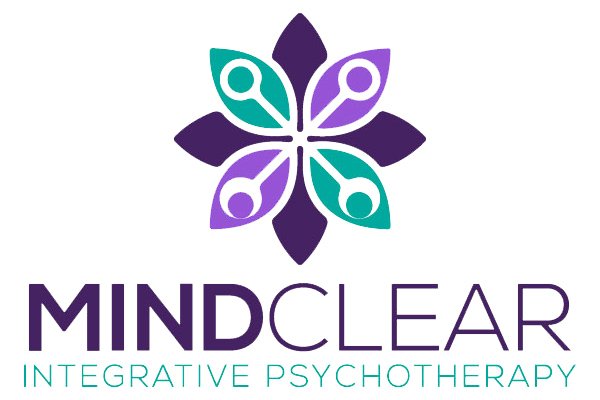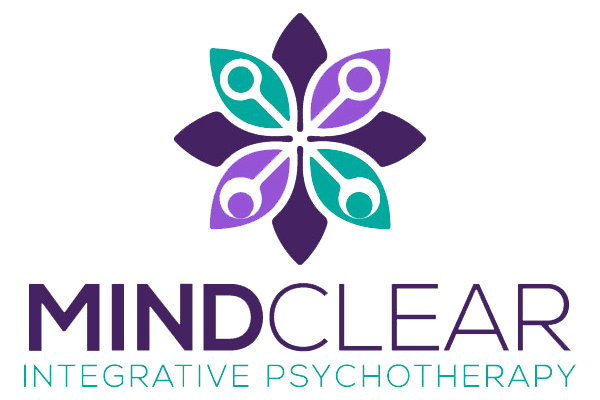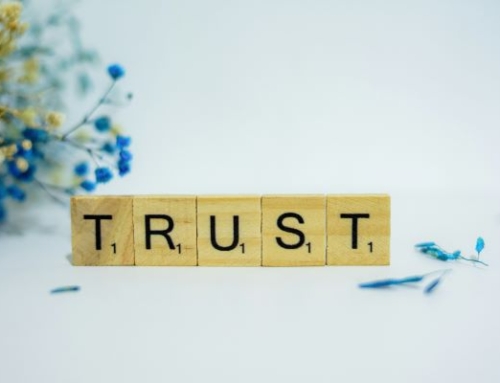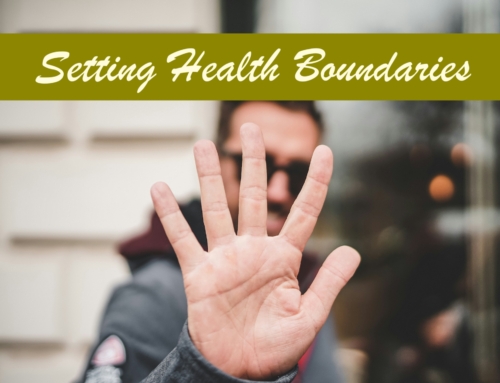Why Trying to “Fix yourself” Will Never Lead to Happiness

Do you want to find happiness?
Then stop trying to fix yourself.
You’re not broken in the first place. Perhaps more importantly, focusing on fixing yourself will almost never lead you to what you truly want. In fact, it will likely lead to heightened anxiety, depression, loneliness, and chronic self-doubt.
The emotion of joy or happiness is fleeting. It’s part of a larger spectrum of emotional experience, good, bad, and everything in between. Emotions come and go, always changing and never permanent.
However, a state of general contentment and fulfillment is very much achievable. One can be in a state of contentment and still feel sad or angry. Just as someone can be in a state of misery and have moments of excitement and joy. An overall state of mind can be permanent, even when the emotions underneath are ever-changing.
This is where happiness lies. In a state of overall content fulfillment.
A recent New York Times article, entitled “How Nearly a Century of Happiness Research Led to One Big Finding” explores this subject from the angle of numerous scholarly articles and interviews with academics. The overall conclusion? Well, like most social research the results are intuitive if one were to really be attuned and listen to the unspoken.
Healthy relationships and caring about others are what make humans happy. This includes how you treat yourself. Being meaningfully and deeply connected to others is central to the peace and wellness so many are desperately seeking.
The Power of Relationship
Humans are biologically and evolutionarily a social species. The human species is hard-wired biologically to need connection and a sense of belonging. This is why solitary confinement is considered by most to be a form of torture that causes severe damage to the psyche.
We’re children needing other children
And yet letting our grown-up pride
Hide all the need inside
Acting more like children than children
— Barbara Streisand “People”
People need people. The need, however, is one that is deep. Everyone at their core has a driving need for being seen and understood, for attunement and attachment, for trust and dependence, and to give.
Research has consistently demonstrated what all of us already know if we listen to our child selves: Those with healthier social connections and relationships have greater life satisfaction. Having social goals leads (i.e., make more friends) to greater satisfaction than anti-social ones (i.e., make more money). Even interacting with strangers makes for an improved sense of well-being and happiness, temporarily at least.
Antithetical to connection and satisfaction is social comparisons and dwelling on criticism and judgment. That goes for others as well as yourself.
Self-Optimization Prevents Connection
Focusing on flaws and defects distances you from others. This may be because of jealousy, projected judgments, and/or fear. Not to mention that when you are constantly focused inwards, you literally cannot connect outwards.
While it is important to gain self-awareness and heal from old wounds, focusing on fixing yourself or becoming your “optimal self” (whatever that actually is) is the enemy of happiness. It reinforces negative or even abusive self-talk, training your brain to constantly see what’s wrong – with you and everyone around you.
Being consumed by thoughts of yourself and biased towards seeing the negative doesn’t bode well for building intimacy, trust, vulnerable connection, or, well, happiness.
On the flip-side, focusing on gratitude can boost well-being and train your brain to focus on what you have rather than what you lack. Further, self-acceptance is consistently shown to lead to better mental health and decreased depression and anxiety. Of course, true self-acceptance means owning your flaws as well as humbly acknowledging your strengths.
Self-acceptance also includes accepting that there’s always room for growth and learning, even if there’s nothing to optimize or fix. If you want to improve your behaviors, reactions, or outlook in order to foster healthier relationships and have a better impact on others, this will lead to greater contentment. That is very different than perfectionism or devaluing yourself or others by dwelling on negative judgments or on goals that are all about you… alone.
The relationship that matters most is the one you have with yourself. Think of a romantic relationship where one partner is always trying to fix the other. In so doing, the partner is constantly pointing out flaws and criticizing, judging, and is unaccepting of quirks and flaws. Does this sound like a healthy relationship? No!!!
Accomplishments and Possessions Don’t Lead to Happiness
Everyone likes the feeling of being accomplished and receiving praise and recognition from others. It’s an amazing ego boost that leads to a bit of a high. And, for sure, the ego needs to be attended to in healthy doses.
Similarly, getting the latest gadget or cool new pair of jeans you’ve been keeping your eye on for some time can be almost as enjoyable as the rush of a roller coaster or first kiss. Deprivation is not necessary, and often is also a form of feeding the ego every bit is much as keeping up with trends. But, it’s important to understand that the lates toy is not going to lead to a state of happiness, even if you do experience many feelings of fleeting joy.
True self-confidence and fulfillment don’t come from temporary accolades or the dopamine rush of buying something new. Think about it like you might your diet: A candy bar or heaping plate of French fries is very, very satisfying. But, no one thinks this is healthy. If you ate French fries and candy bars every day for health, you’d die of nutrient deficiency. You can enjoy the treat while still recognizing that long-term health comes elsewhere.
Therapeutic Culture Leads to Unhappiness
When suffering, everyone needs support. You can’t go through it alone. That also means mutual support, not using others for your endless needs without giving in return. Therapy is one place where this can happen (the mutuality comes in the form of payment… that’s all you should EVER owe a therapist).
At the same time, this is also why therapy should always have the goal of ending. At some point, focusing on yourself becomes highly counter-productive.
While therapy can teach you how to have better connections with self and other, it becomes anti-happy when focused heavily on pathologizing and medicalization of suffering. Diagnoses, often, are isolating or lead to bonds that are reliant on staying in a state of suffering. It also can reinforce the focus on negativity, sense of brokenness, and what is “wrong.”
Treatment models focused on diagnoses and sickness also are the epitome of promoting the need to fix yourself. They reinforce ideas of defectiveness and otherness, which is also why so many people are so easily drawn to them. There’s no cognitive dissonance when a professional agrees with your own critical and judgmental ideas of being broken.
Obviously, there are people who are struggling intensely with complex trauma, suicidality, problematic and painful behaviors, and psychotic thinking. These are states of suffering and are mutually exclusive from an overall state of contentment (even if there are glorious moments of joy!). You need healing. You need tools. You need understanding. You need to learn healthy relationship skills. And these all come by having the support and guidance of an other. What you don’t need is to fix yourself.
At the end of the day, everything is about balance. Everyone needs moments of recognition, the spark of a new toy, goals that help you feel stronger and healthier, and times of support or growth that may or may not include a period of therapy. Anything in excess can become problematic.
Unfortunately, current Western, especially American culture is focused on the self at the expense of what truly leads to happiness: connection to your fellow person. It’s been pretty well accepted at this point that Americans are suffering an “epidemic of loneliness.”
Yet, so many are desperately searching for the key to happiness and well-being. Something needs to change.
Social responsibility, kindness, and empathy are what allow for deep, meaningful relationships. These come through acceptance of flaws and self-awareness, not perfection and hypervigilance. Belonging to community and being happy within relationship leads to a longer, happier life.
Believing that you are broken prevents you from feeling worthy, good enough, or lovable enough to make the necessary connections needed to feel whole and content in the first place. You cannot thrive in a place of brokenness. You can thrive in building connections.
So, why not try to strike up a conversation with a stranger today? Just a simple “Hi, I like your shoes” can be the step you need to take on your way to a life of well-being.
And you don’t need to fix yourself first in order to have it.










Leave A Comment